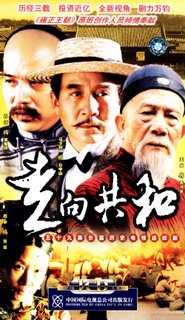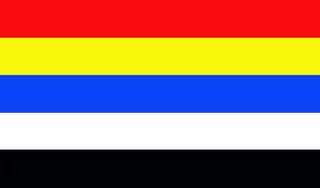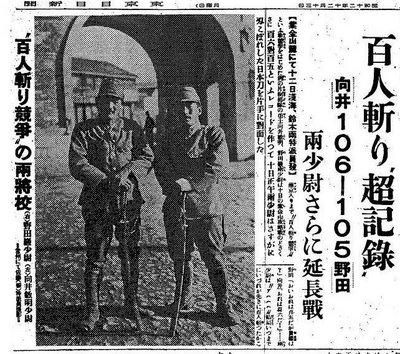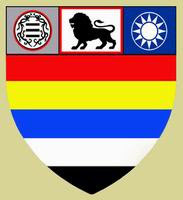《走向共和 》Commentary

The Communist government in China has alleged that the series portrayed the Republic of China's founding father Sun Yat-sen incorrectly, as a so-called "clown". After the show's cancellation and complete ban of the series in April 2003, many have speculated there were political reasons for the ban especially of its anti-conventional portrayal of mighty historical giants like Li Hongzhang and Yuan Shikai. According to popular wisdom imposed by CCP's state-sponsor education in mainland China, these two figures are synonymous with traitor and state-hijacker. However, this great work of art has shed new light to people along the course of an epic journey for alternative versions of historical facts.
After its wide dissemination into the general public and overwhelmingly applauded reception by the people, CCP had sensed an uneasy air from its tacit implication and seemingly unwitting suggestion, which might led to an awakening of people's inner judgement and speculation on an alternative road of China's nation-building, thereby soon led to its heavy-handed censorship and gradual liquidation from the public in the same light as the banning of "He Shang". (River's Sorrow) in 1987, which was a six-episode documentary film dealing with China's destiny in the modern era, and served as a prerequisite for students and intellectuals who fomented the 1989 Tiananmen Incident.
"Towards the Republic" remains to be a spectacular tour de force by the Chinese entertainment industry and the millions of nerves it has tapped on will continue to wage dynamic repercussion into the future.
Two lines from Li Hongzhang's poetry helped to coin the essence of this high-octane drama and served to inspire millions of ingenious minds such as his contemporaries, Yuan Shikai and Japan's prime minister Ito Hirobumi:
一万年来谁著史 (who will write the history in ten thousand years)
三千里外欲封侯 (I intend to be lionized in three thousand miles far afield.)



